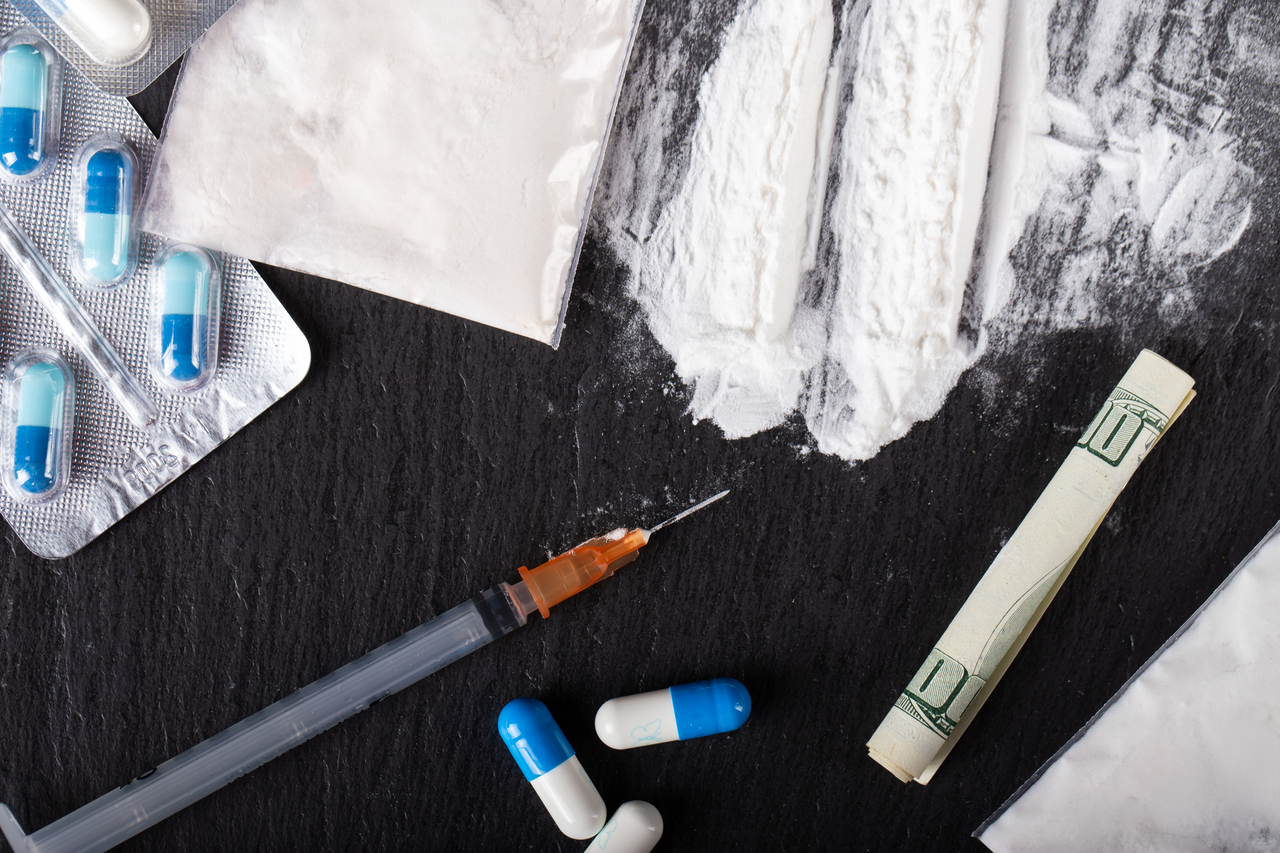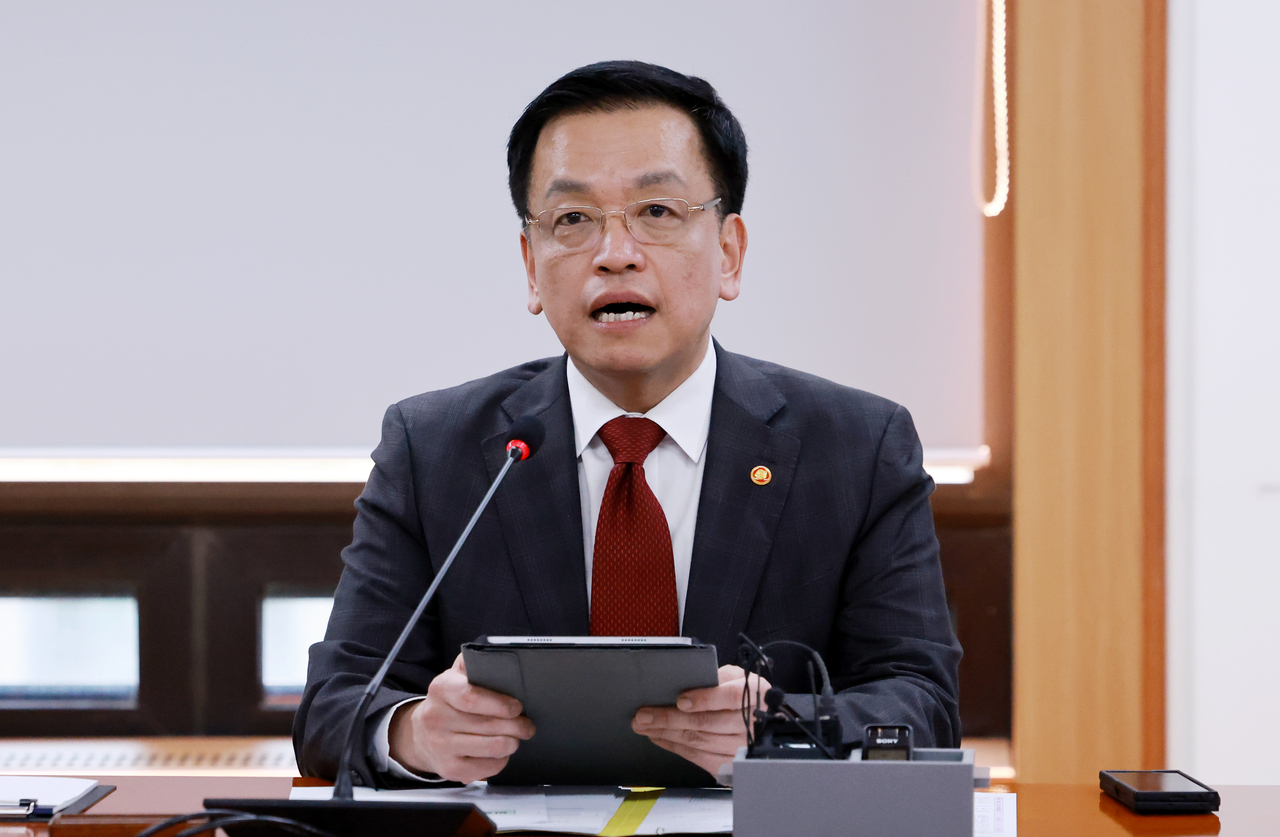Measures introduced to track online transactions of illegal drugs, enhance global cooperation in preventing drug-related crimes

Starting in April, a joint governmental task force involving related state organizations will be operated to conduct special joint crackdowns on areas prone to drug-related crimes for the first time in five years, said the Office for Government Policy Coordination, Thursday.
Since establishing the special investigation unit targeting drug crimes in April 2023, South Korea saw a 16 percent decrease in the number of drug offenders in 2024. The special unit consists of governmental agencies such as the Korean National Police Agency, the Supreme Prosecutors’ Office, the Korea Customs Service and the Ministry of Food and Drug Safety.
According to the office, South Korea saw 23,022 drug offenders in 2024, a 16 percent decrease from the 27,611 offenders it saw in 2023 ― which was also recorded as the highest number in Korean history.
Though offender numbers are now decreasing, the office noted that the proportion of drug offenders who are young ― between their teen years and their 30s ― surpassed 60 percent of the total in 2024, and called for stricter, more intensive measures to be taken to decrease this figure.
The government announced Thursday during a meeting hosted by the office and presided over by acting President Choi Sang-mok that starting in April, a joint task force will hold twice yearly special on-site crackdowns in places it says are vulnerable to drug crimes, such as bars and clubs, airports, ports and areas believed to be illegal immigration hotspots, starting next month, according to the office's press release.
The office specifically pointed to areas with high levels of illegal immigration as areas it believes are vulnerable to drug-related crimes, because “the KNPA saw an increase in the number of drug offenders centered around those of foreign nationality during its crackdown the year before,” according to an official from the office.

This is not the first time that the government has announced joint, governmental on-site crackdowns. Similar crackdowns were conducted between October and December 2020. However, a joint governmental crackdown has not taken place since then, with on-site crackdowns between 2021 and 2024 typically centered around the KNPA, the Supreme Prosecutors’ Office or the Korea Customs Service.
“Crackdowns conducted on an investigative agency-level have their own limitations, as they can only focus on investigating crimes and enforcing regulations,” an official from the KNPA told The Korea Herald. “However, crackdowns at the interministerial level involve various governmental agencies, which helps to cover not just the investigations (into drug-related crimes) but also prevention, treatment, rehabilitation, education and international cooperation.”
To make on-site crackdowns more effective, the Supreme Prosecutors’ Office added that it will introduce portable mobile forensic devices capable of immediate, on-site evidence collection and analysis to prevent the deletion or destruction of any digital evidence pointing toward illegal drug sales. Furthermore, the prosecution is also working to develop a urine validity test to prevent drug abusers from tampering with drug test results.
The KNPA also plans to establish an investigative unit specifically tailored toward undercover investigations for drug crimes by the end of 2025, after consulting with relevant experts and considering international legislative examples.
By the end of March, the KNPA also plans to operate an online investigation team, to focus on drug distribution networks that operate online and through encrypted text messaging platforms such as Telegram and social media. The prosecutors’ office and the Ministry of Food and Drug Safety also plans to introduce a real-time monitoring system powered by artificial intelligence to track illegal online drug transactions and advertisements.
Additionally, prosecution plans to propose amendments to the Special Act on the Prevention of Illegal Drug Transactions, that will allow financial institutions to immediately freeze bank accounts suspected to be used for drug transactions upon law enforcement request.
Centered around Korea Customs Service and the Korea Coast Guard, measures to strengthen border control and international cooperation to prevent drug smuggling into Korea from abroad were also presented.
By December, the Korea Customs Service will develop an AI-based screening model to detect packages containing illegal drugs in both international mail and passenger luggage, to be deployed by 2026. Underwater drones will also be deployed by the Korea Coast Guard to inspect the hulls of ships and boats leaving from and arriving in Korean ports.
Drug investigators from the prosecutors’ office plan to work with investigators from countries including Thailand, Vietnam, the Netherlands, the US and Malaysia to enhance cooperation in investigative efforts toward drugs being smuggled into Korea from abroad. The government claims the five countries are responsible for most of the drug inflows from Korea according to drug trafficking numbers from 2024.
lee.jungjoo@heraldcorp.com




